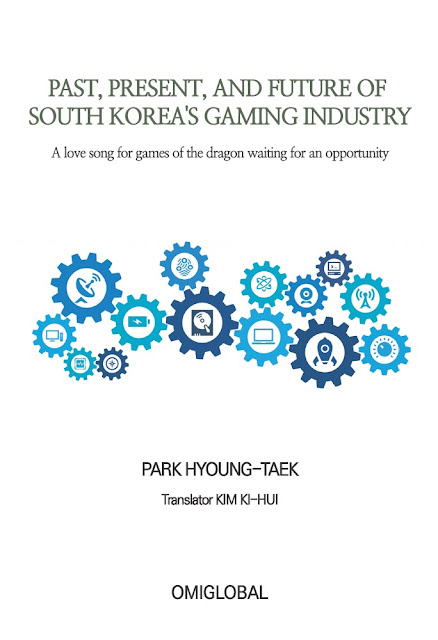泥中蟠龍's Game愛歌 [A love song for games of the dragon waiting for an opportunity] What publishers need now is to reflect on themselves
泥中蟠龍's Game愛歌
[A love song for games of the dragon waiting for an opportunity]
What publishers need now is to reflect on themselves
My wife and I watched a movie Where to Invade Next last weekend. It's the black-comedy-like American documentary film—suggesting some European countries' alternative methods of solving social and economic problems in the United States—directed by Michael Moore who is famous for his other films such as Fahrenheit 9/11 and Sicko. I was more interested in labor rights among many issues—school education, health care, and human rights, etc—which the film deals with. To sum up, a corporate has to protect the rights of workers if it wants them to promote the company's interests. It also applies to every boss-subordinate relationship by employment agreement in the entire industry. I'd like to talk about how to establish a fair relationship between the two parties.
Recently I participated in a workshop for the revision of the legal system in the content industry. There were case presentations on various unfair business deals, especially examples in the gaming industry. Most of them were about dishonest business practices between big publishers and small businesses. Most smaller developers actually can't afford to take legal action against those large-size companies. And large publishers know the fact better than anyone. Domestic game publishers have canceled contracts with developers due to the recent slowdown in the Korean economy and deteriorating profitability in the local gaming industry. Besides, some have neglected to promote newly-released games. Most publishers are now only focusing on marketing for a few cost-effective existing video games disregarding the other untested new games. In this situation, a developer who made a new game cannot help facing a state of financial difficulty.
As the employer-employee relationship, it is highly desirable that the developer's achievement leads to the publisher's success. However, at present, many publishers turn a blind eye to smaller game studios in a predicament for its immediate gains. Even worse, the game maker, which I invested in, was absurdly asked to make up for the financial loss recently when the company demanded cancellation of the contract since the publisher didn't spend proper marketing expenses to promote the new game. I heard on the grapevine that the publisher will downsize its publishing business to concentrate on self-development games while it's focusing on existing games that have gotten satisfactory results so far.
A video game publisher is a company that publishes and distributes video games. If it looks down on smaller developers because it is the large company with sufficient money, none of the game makers want to work with the untrustworthy distributor. Neither of them will help out with the publisher when it faces difficulties some time even though it currently has a firm grip on the local gaming industry. They may develop a game itself not because of its business strategy, but rather of concerns over a lack of profitable video games. A less experienced marketing team with untested new games may test its ability for a self-developed video game which costs more than millions of won to develop. Now I expect that big publishers try to be in a trustworthy partnership with smaller developers to ensure that won't happen.
※ This is from Kyunghyang Games column by 泥中蟠龍 since September 2013.
(http://www.khgames.co.kr)
Translation by Kim Ki-hui


Comments
Post a Comment